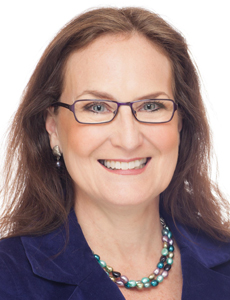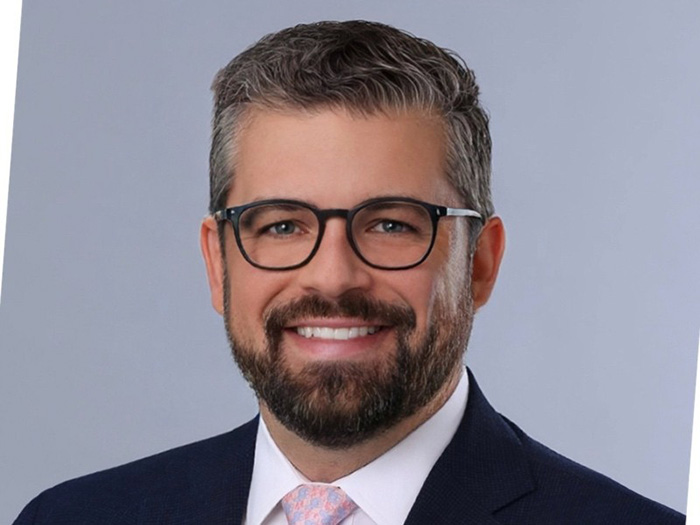Women in Risk Management
Leadership Gender Gap Persists

Women still have a long way to go to attain senior-level risk management positions, according to a recent study “Women in Financial Services,” by the Oliver Wyman consultancy.
Only 15 percent of chief risk officers are women. The percentage is even lower in the banking industry, where only 10 percent of CROs are women.
But the research was not all discouraging. The study found that female representation is increasing on boards and executive committees in the financial industries – and much of the growth between 2013 and 2016 comes from women taking on CRO and CFO roles.
In 2013, only 7 percent of CROs were women, according to the Oliver Wyman study.

Nicole Lamb-Hale, managing director, investigations and dispute practice, Kroll
“I think the risk management field isn’t that different than many other professional fields in terms of the number of women who ascend to leadership roles,” said Nicole Lamb-Hale, managing director, Kroll’s investigations and dispute practice.
“Some of it has to do with mentoring and exposure. Some may have to do with the extent that women may not be aware of opportunities in the risk management area,” she said. “It’s a very interesting industry and I am very happy to be a part of it now.”
Lamb-Hale, who previously was assistant secretary and deputy general counsel at the U.S. Department of Commerce, as well as having been a partner in two major law firms, said that Kroll has committed itself to bringing in women for leadership positions.
Andrea Bonime-Blanc, CEO of GEC Risk Advisory, also took a nontraditional route to a risk management role, having worked as a general counsel and then in ethics and compliance roles.
“The CRO’s role is a relatively newer role than general counsel or CFO,” she said. “I think it’s a little less organized in the sense of diversity initiatives targeted to that particular role. I think that’s part of what’s going on here.”
The Oliver Wyman research suggested four main reasons for the gender imbalance:
- Fewer women graduate in technical subjects;
- The constant need for oversight may be incompatible with women who want to play a major role in their children’s lives;
- The potentially confrontational nature of the role may deter some women; and
- Conservative business leaders may hesitate to appoint women to a traditionally male role.
“For too many mid-career women, the costs [of leadership positions] seem to outweigh the benefits, and they choose to step back from their careers,” according to the study.
Susan Colantuono, CEO of Leading Women, a consultancy that advises companies on ways to close the leadership gender gap, said there may be bias in existing HR or promotion systems, but another factor working against women is they are perceived as lacking business strategy and financial acumen.
She said women in middle management need to shift their identity “to being someone who positions the organization in its marketplace and develops the leadership and executive presence or brand that makes you a credible representative of the business in the external marketplace.”

Andrea Bonime-Blanc, CEO, GEC Risk Advisory
Bonime-Blanc noted that many mid-level managers are extremely competent but are not “taken seriously by the business people because they are not connecting their work directly to the strategy of the business.”
“I don’t think that is a gender issue,” she said. “I think that’s a role issue,” noting that when professionals work in non-core business roles they may be marginalized by the corporate leadership.
Lamb-Hale of Kroll said it’s important for organizations to develop a pipeline to increase the opportunities for women in risk management. Initiatives should include using mentors to help young women develop their careers.
“Insurance is male-dominated,” she said. “There are many industries that are male-dominated and women, when given the opportunity, have done very well, be it in risk management or insurance or any other industry.”
Colantuono said risk management professionals who succeed at advancing their careers “learn how to look at the function through the eyes of the executive team and the board and not through the eyes of the profession or the field of risk management.” &










